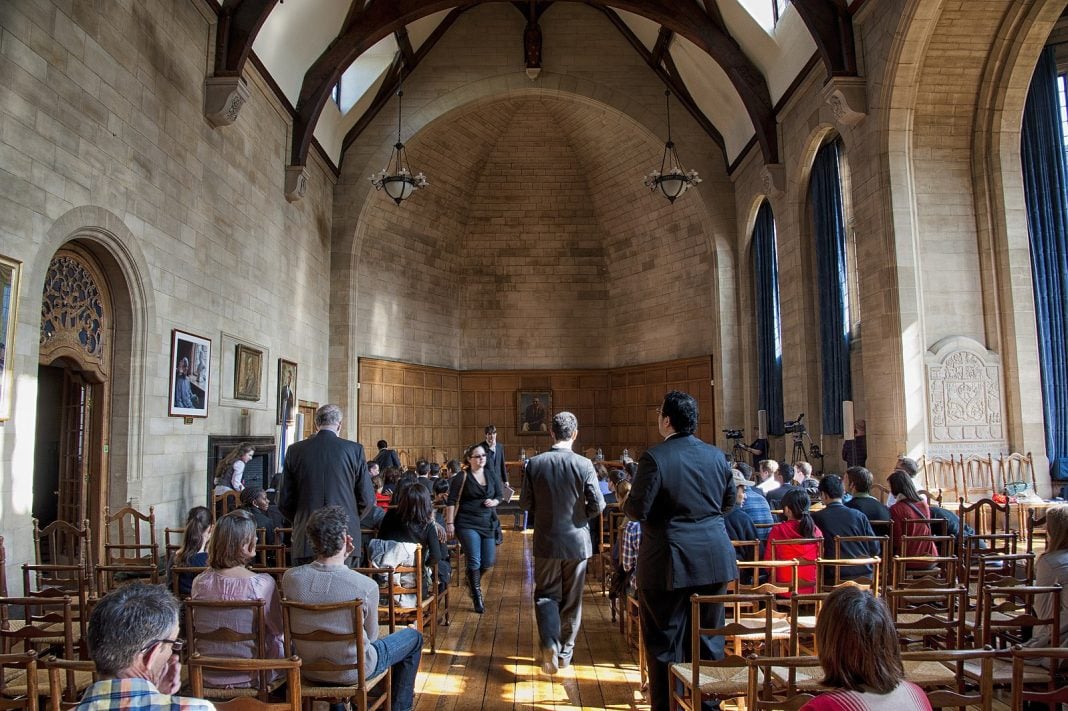This year’s Oxford Africa Conference, titled Charting Africa’s Path Forward: A Journey of Possibilities, took place from the 24th to 25th of May. The annual conference, hosted by the Oxford University Africa Society (AfriSoc), garners global attention and provides opportunities for experts, leaders, and students to exchange and develop ideas, endeavouring to drive Africa’s progress.
Raila Odinga, the former Prime Minister of Kenya, and Godwin Obaseki, the current Executive Governor for Edo State in Nigeria, were present at the Conference. They were joined by politicians, prominent CEOs, charity leaders, and business people from across the continent and globally, who shared their insights on the future of Africa. These included Aïda Ndiaye, head of public policy at Meta, and Naana Otoo-Oyottey, Executive Director of Forward UK, a charity aimed at ending violence against women in Africa.
Economic development was a key point of discussion, with an emphasis on promoting entrepreneurship and the integration of AI into African economies. The conference also addressed the state of democracy in Africa, especially with regard to the phenomenon of democratic backsliding.
There was also a strong focus on problems around gender equality and female empowerment across African nations. Dr. Khetwise Dlamini, former chief of staff at UN Women, along with many other notable African female figures, all spoke.
The topic of climate and sustainability received due attention, given that African states tend to be disproportionately impacted by the effects of climate change due to their geographical location, which makes their agricultural sectors particularly sensitive to changes in global temperatures.
An important part of the conference was the announcement of the Innovation Seed Fund (ISF) recipients. The ISF is an initiative that offers three grants of £5,000 to fund development, entrepreneurial, and research projects in Africa. This year, there was a new collaborative focus that sought partnership with leading universities from all regions of the continent. Recipients of the grant are also offered technical support and mentorship from Oxford University.
All the projects must be put forward by students from Oxford or leading universities across Africa, and offer “innovative and scalable solutions” to current issues. These projects plan to help farmers optimise water usage in agriculture, to improve healthcare access and affordability for chronic disease treatment through the employment of remote monitoring and analytics, and to improve the quality of menstrual health products.


